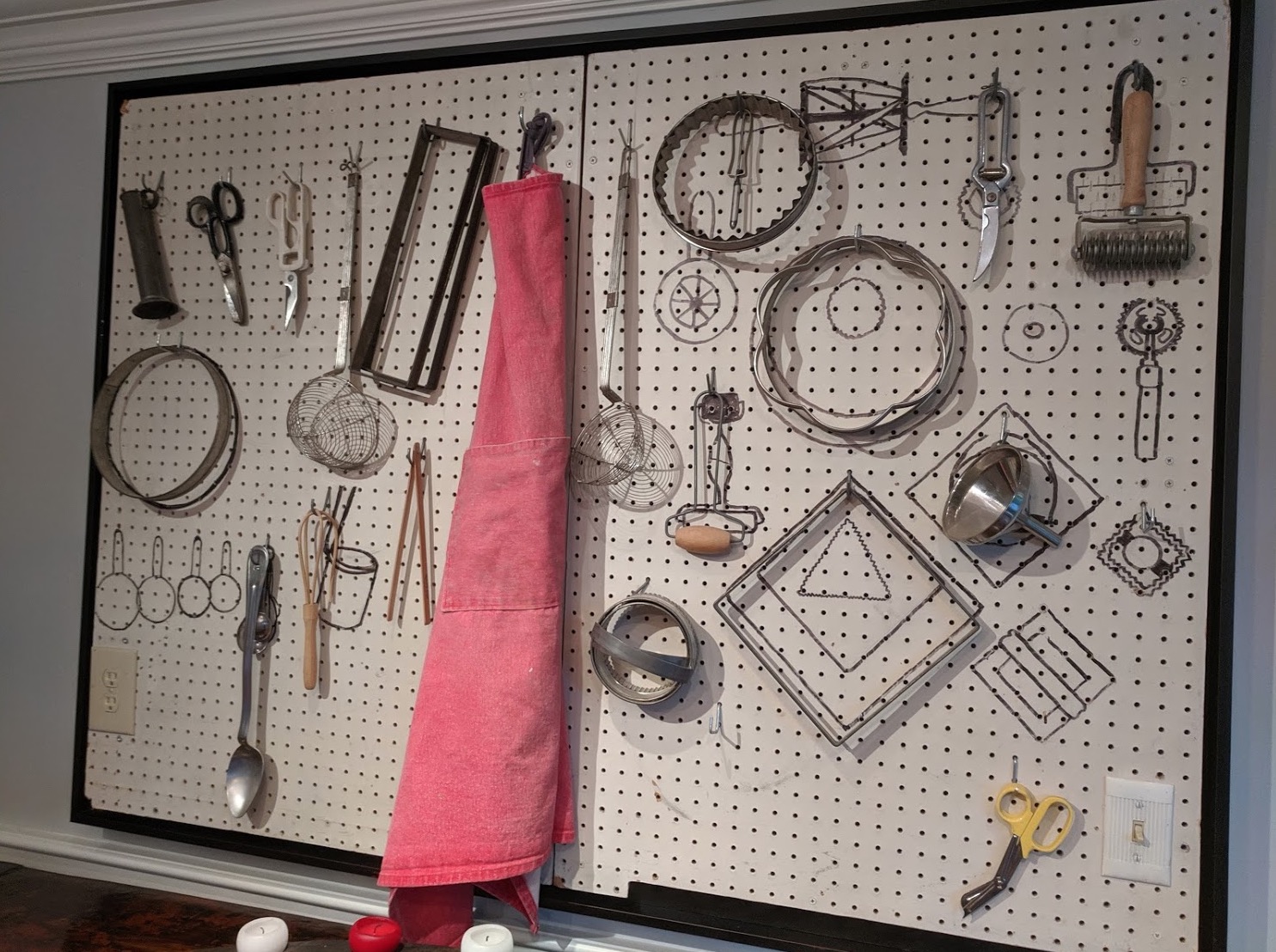The Unlikely Urbanism of a Flea Market
Strong Towns member Johnny Sanphillippo blogs at Granola Shotgun. This post is republished from his blog with permission. You can view the original, with additional photos, here.
I visited friends in a prosperous suburb and had occasion to do a little cooking. Nothing fancy. Just a simple summer dinner on the back patio. Along the way I discovered the limitations of their exquisite kitchen. I was politely informed that the marble counters should never be touched since they’re delicate. Marble is a soft porous stone that’s easily marred by acidic substances such as tomato sauce, wine, vinegar, and lemon juice. Even an ordinary glass of water left on the counter will permanently discolor the surface.
They learned this the hard way and had the counters professionally restored and sealed at some expense. All activity in the kitchen must now be mediated with spoon rests, butcher block slabs, coasters, placemats, and eternal vigilance. It’s a gorgeous kitchen, but it’s kind of a pain to work in. Marble is a fantastic material for a kitchen if it’s used selectively for rolling out pastry dough and such. But when applied in the wrong manner, the whole arrangement is a triumph of style over functionality.
In the formal dining room in this same home is a cherished piece of carefully framed artwork. The pegboard, apron, and utensils were once part of the late Julia Child’s home kitchen and were purchased at auction from her estate. Notice the inclusion of the old electrical outlet and light switch. For context, the other half of these same pegboard panels are on display at the Smithsonian in Washington, D.C.
Julia’s pegboard and the marble counters represent opposite ends of a continuum. On one side there’s a highly pragmatic and inexpensive kitchen organizer suitable for one of the nation’s most celebrated chefs. Anyone can build it with cheap supplies from the hardware store, a screwdriver, some hooks, and a marking pen.
At the other end is a luxurious but impractical installation. Only highly specialized professionals can create the marble kitchen at great cost, but it’s “too good to use.” It’s desirable because it’s difficult to achieve and conveys exclusivity and status. Ironically Julia’s cheap functional stuff is now exalted as a precious artifact due to the prestigious provenance, but it can never be touched.

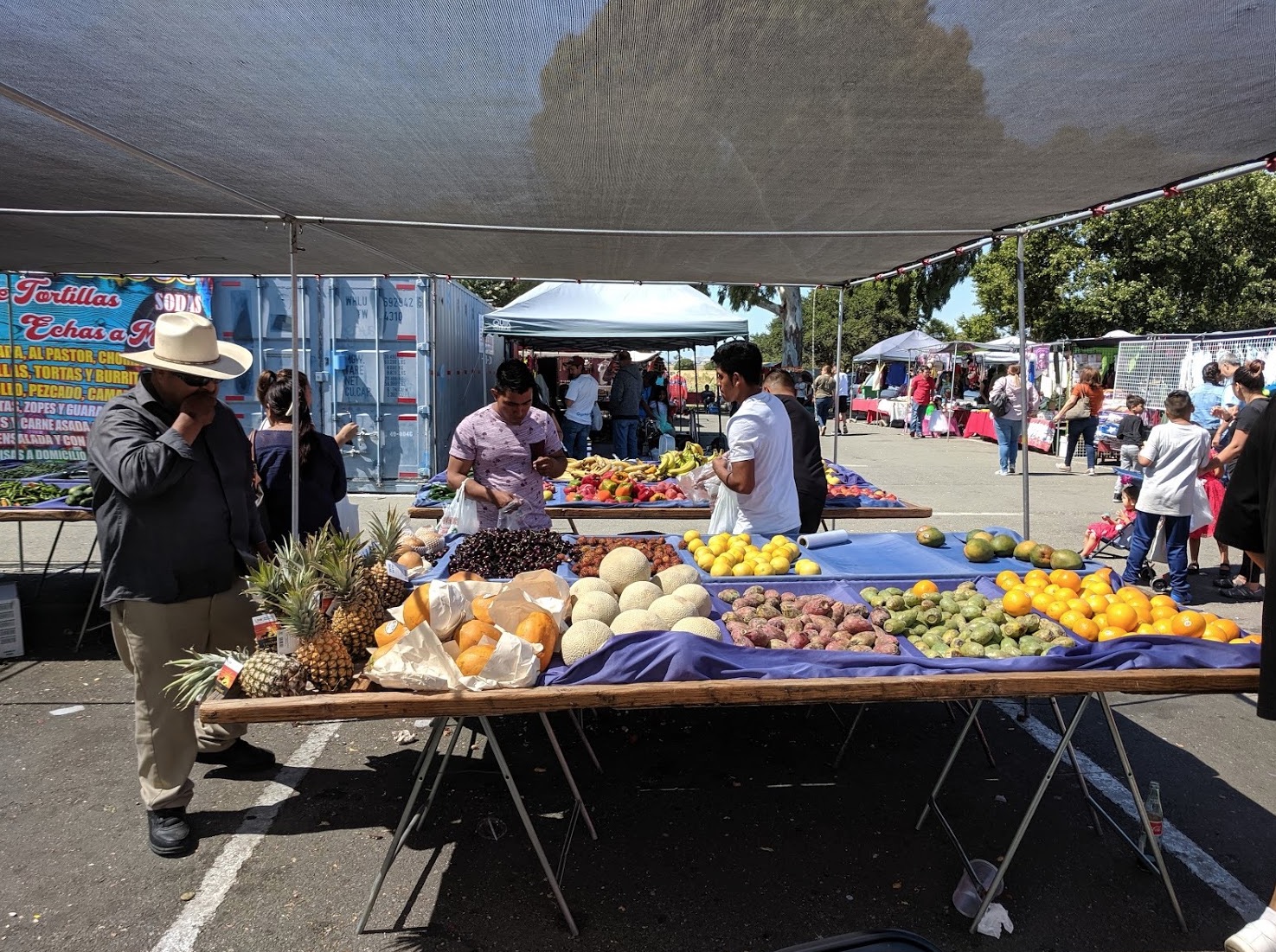
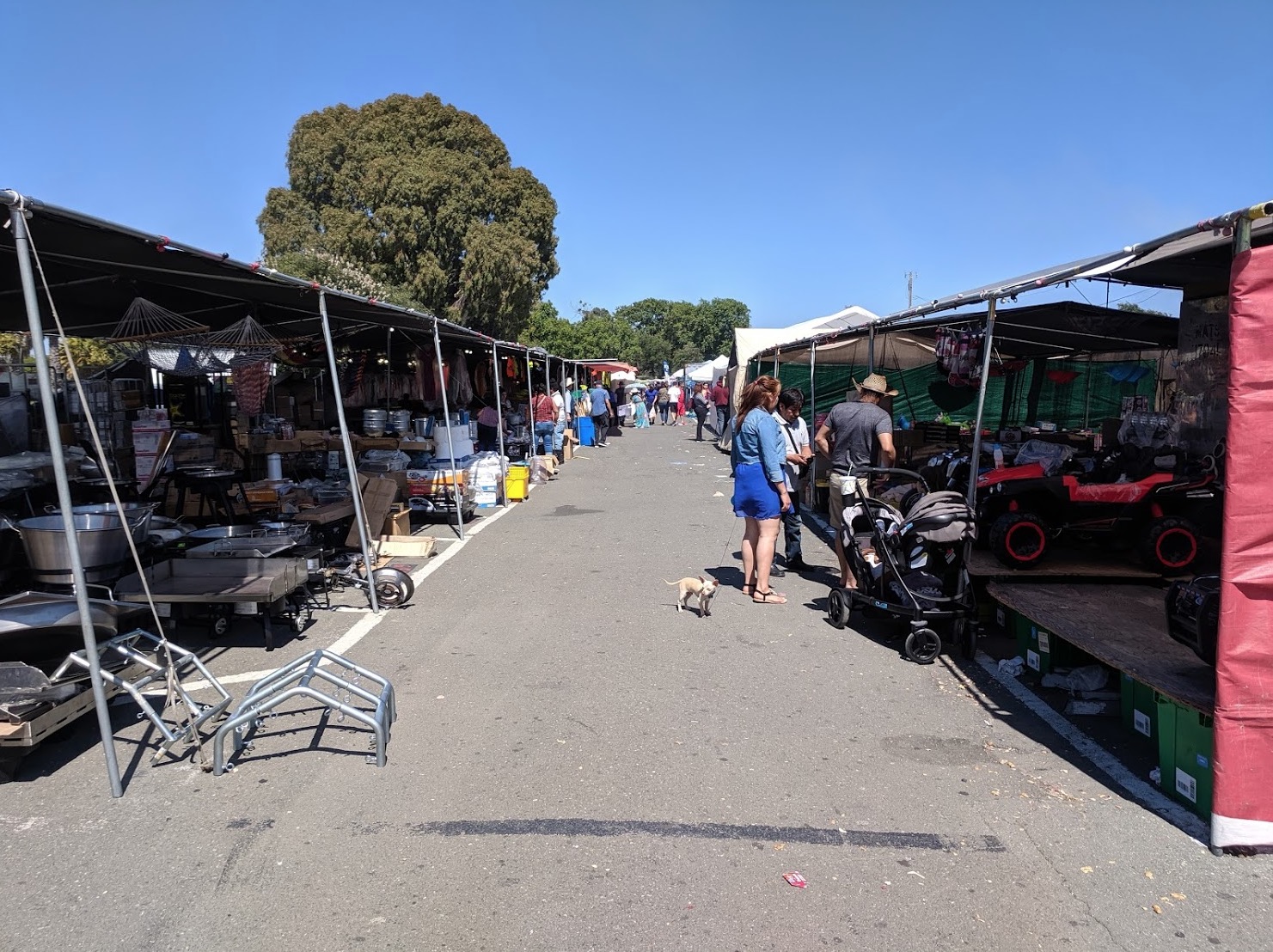
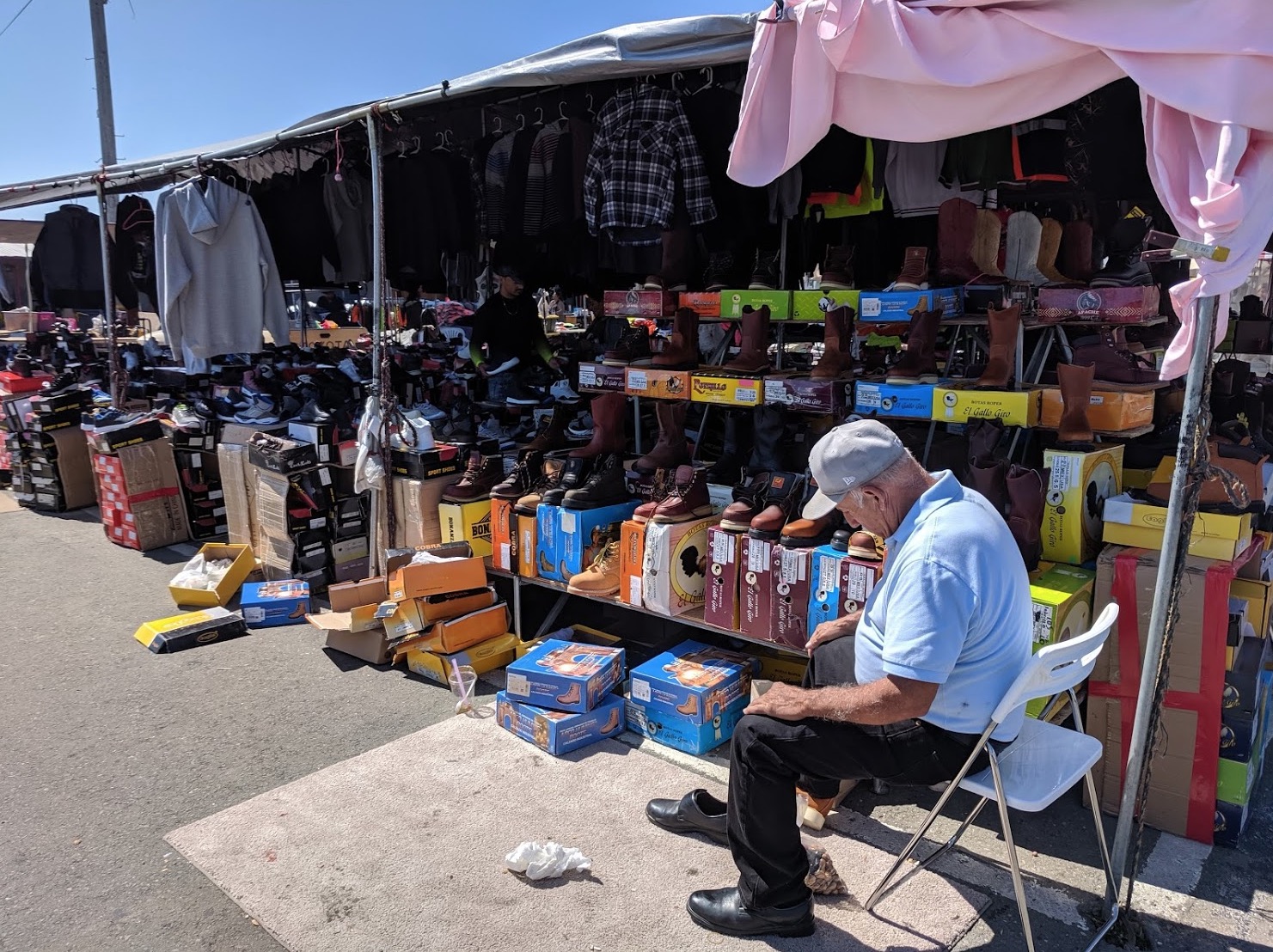
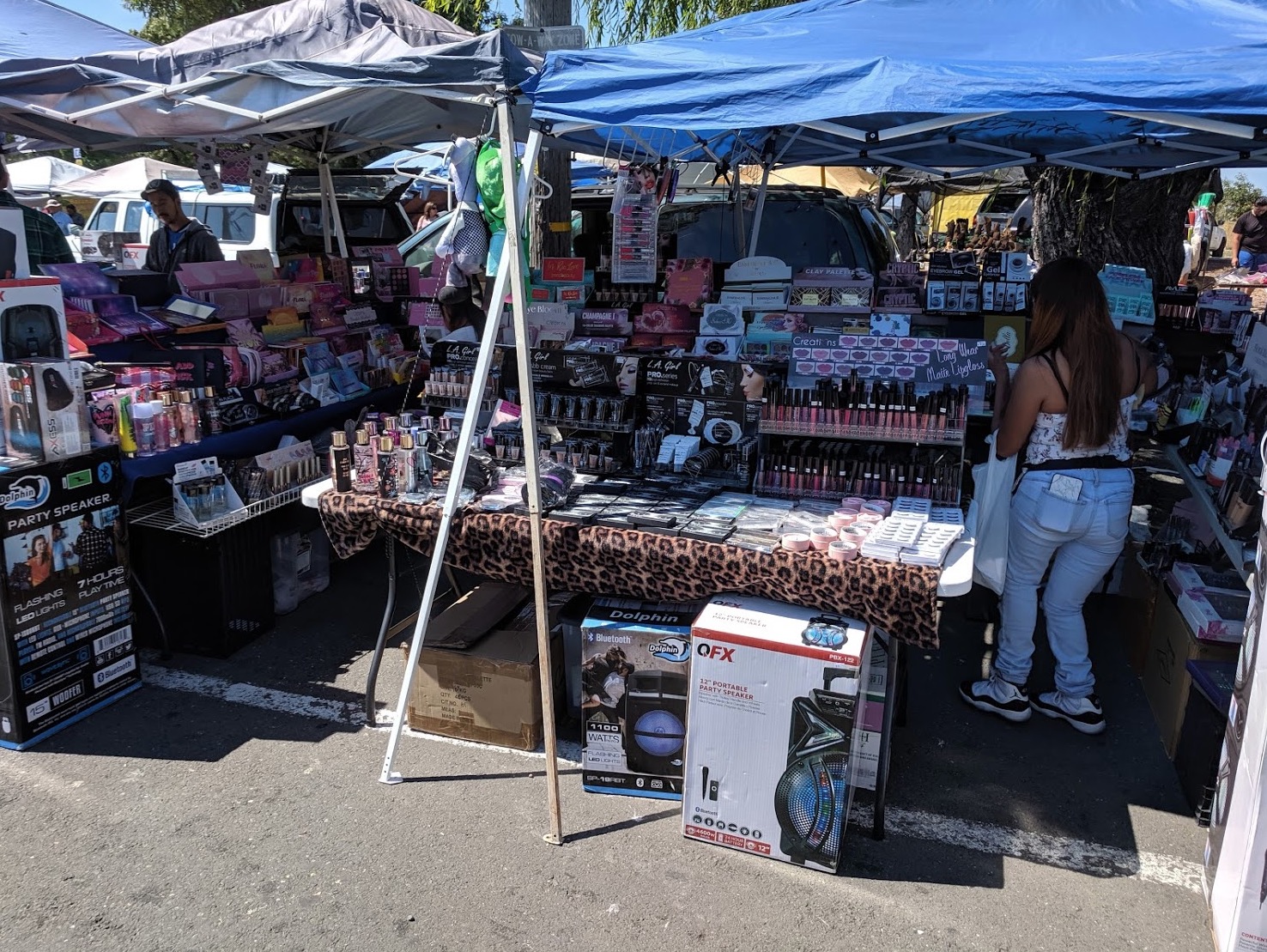
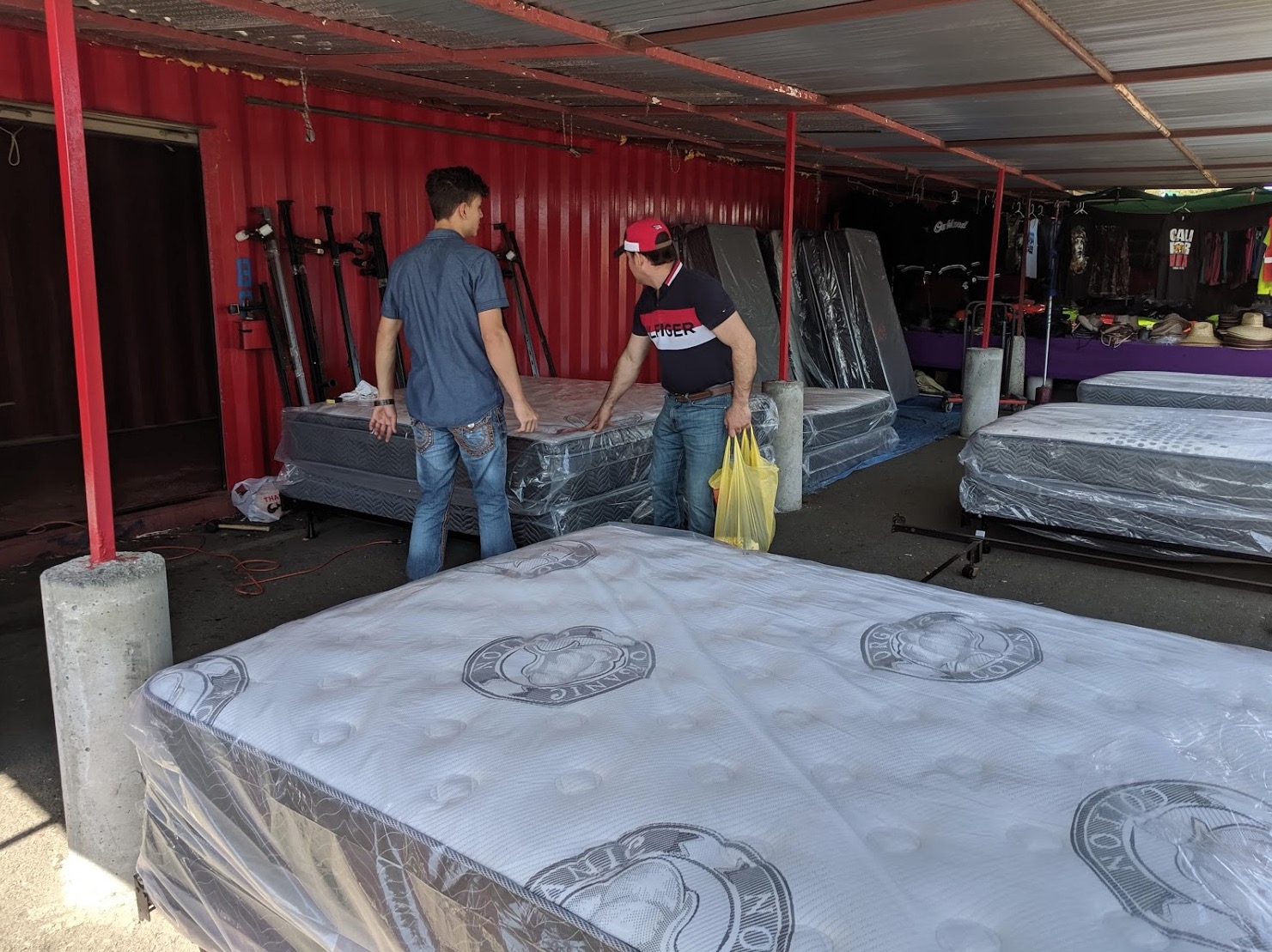
The Show Horse Versus the Work Horse
At a comfortable distance from the country club set and elegant homes on leafy hillsides there’s a working class town where I accidentally stumbled on a flea market the day before. It’s composed of an old asphalt parking lot, tents, and portable shipping containers. There isn’t anything about the place that cost much to build or maintain, yet it functions like a traditional human scaled Main Street lined with mom and pop shops.
This particular municipality is often described as a food desert. A significant proportion of the population buys its food at gas stations and quickie marts where healthy fresh food isn’t usually on offer. But at the flea market, a wide variety of produce is available at reasonable prices.
This isn’t the kind of flea market where people hunt for antiques and fashionable collectables. Families come here to buy quotidian essentials like shoes, laundry soap, mattresses, and pants. Quite a few vendors were selling tools suitable for small scale businesses. Landscaping equipment, carpentry implements, compressors, and restaurant supplies could be purchased by people looking to start their own micro enterprise on a tight budget – possibly right there at the same flea market. The whole place was one giant interactive incubator. Incidentally, I noticed some pegboard displays employed à la Julia.
It’s also a place of amusements, with inflatable adventure slides for little kids. Going to this market provides a low cost day out for a demographic that may not always have the spare cash for a weekend flight to Disneyland or a long drive in heavy traffic to the beach. The food is fantastic with dozens of options to choose from. None of it was expensive. Among the many families enjoying great meals were state road construction crews and building contractors who knew the offerings and atmosphere here were superior to the national chains strung out along the highway.
This place is a work horse. It grows small businesses from scratch without recourse to bank loans or government subsidies. It provides products and experiences that are genuinely needed in the community. And it costs almost nothing to create compared to the usual economic development model meant to induce artificial prosperity through tax holidays and subsidies for mega projects. Notice how any parking lot is instantly ADA compliant for people in wheelchairs who require a barrier free environment. This is amazingly good urbanism built in the absence of complex bureaucratic procedures.
So why don’t local governments embrace more of this sort of pop-up grassroots mom-and-pop enterprise? Officials are in a trap that requires them to boost tax revenue to pay for all the attenuated infrastructure and municipal overhead that’s accumulated for decades. Highly functional flea markets don’t generate enough cash surplus to skim. So municipalities are obliged to search for show horses with all the associated prestige, complexity, and expense. If only this town could provide the kind of multi-million dollar incentive package that would land it a new Amazon headquarters, sports franchise, or biotech park. I’m sure they all have amazing marble countertops.


